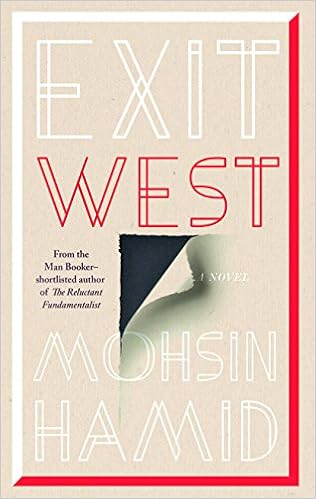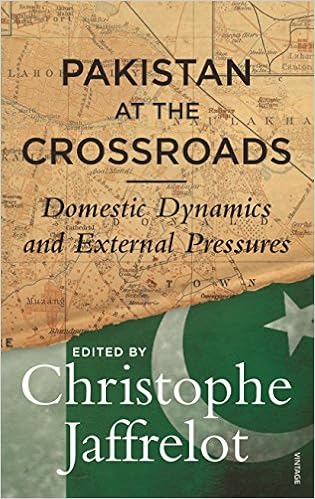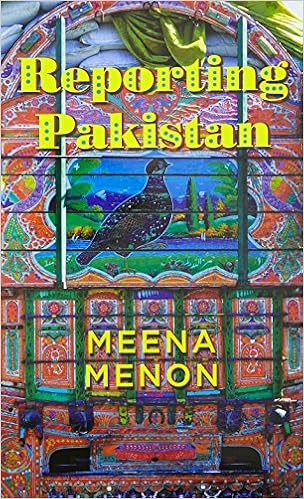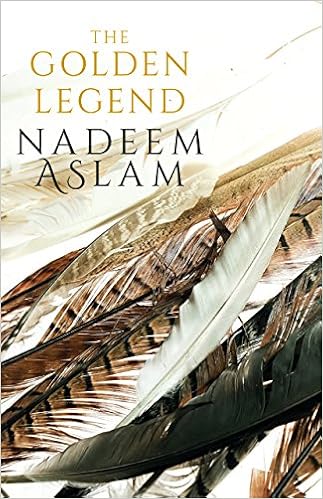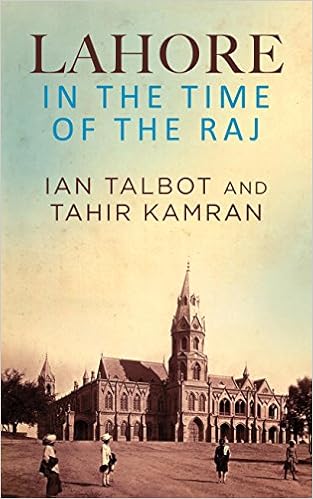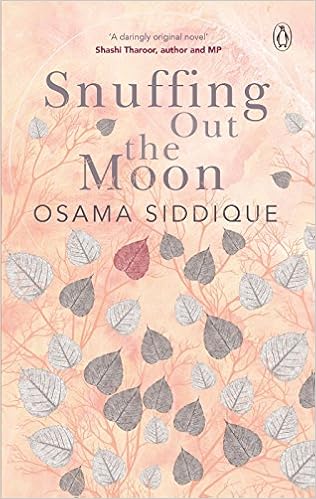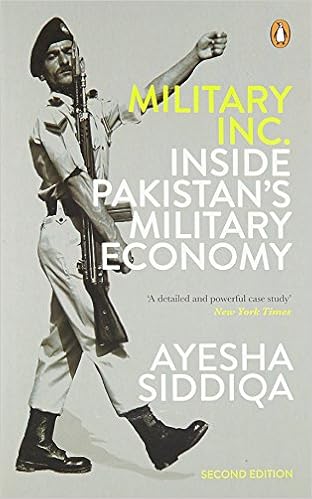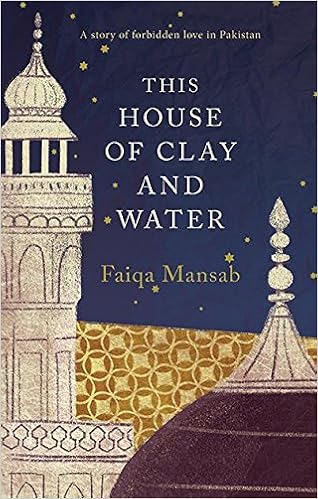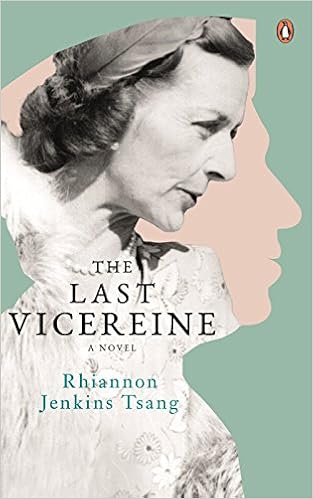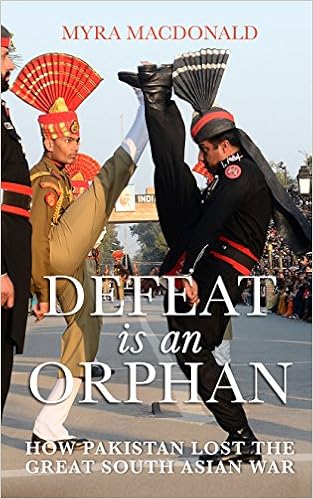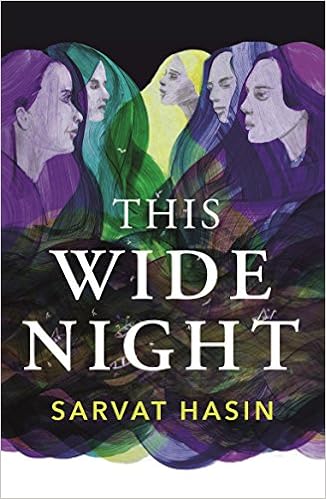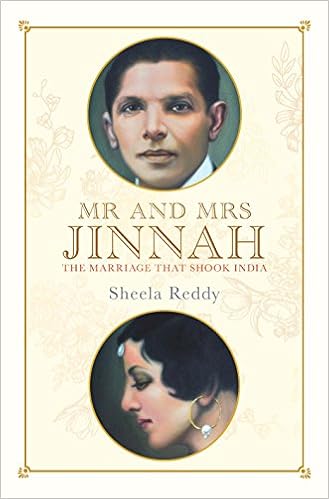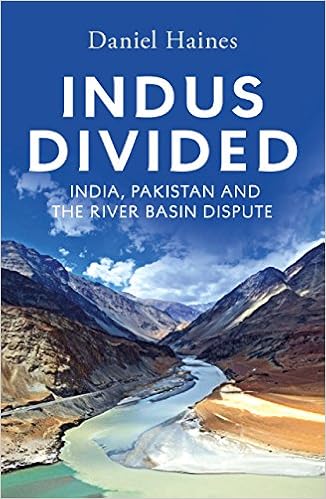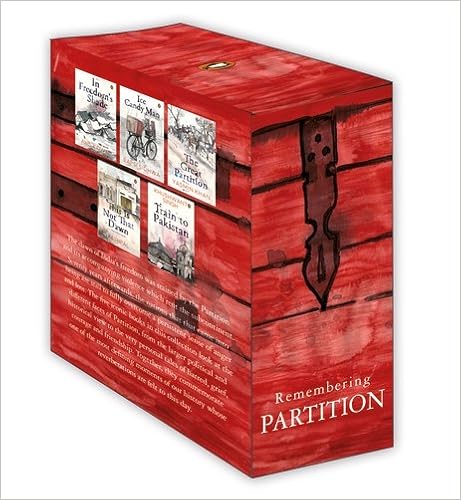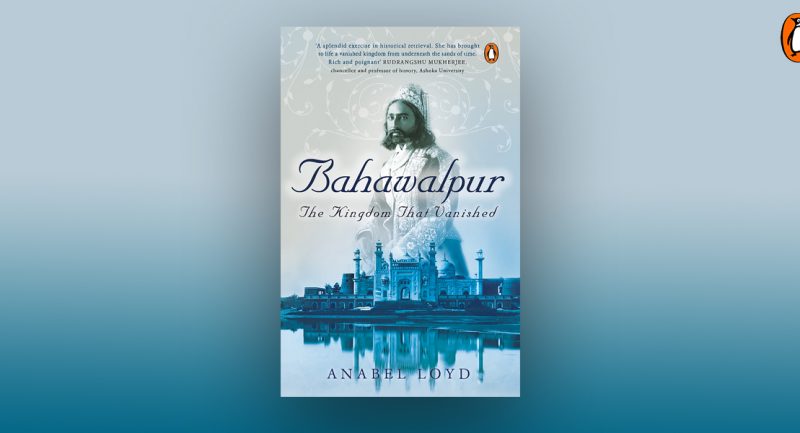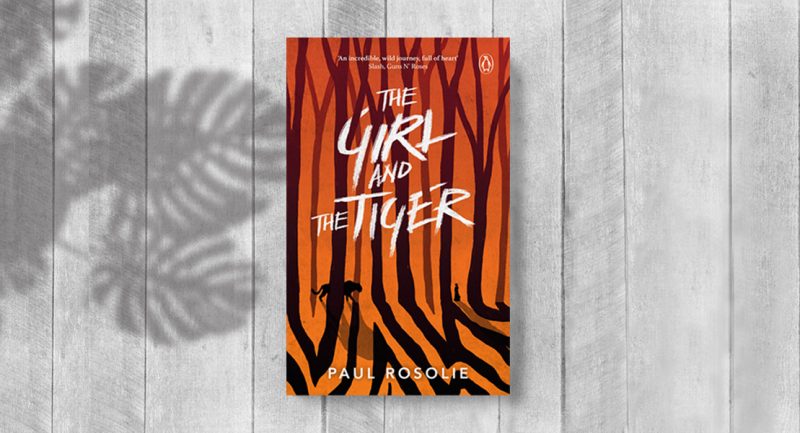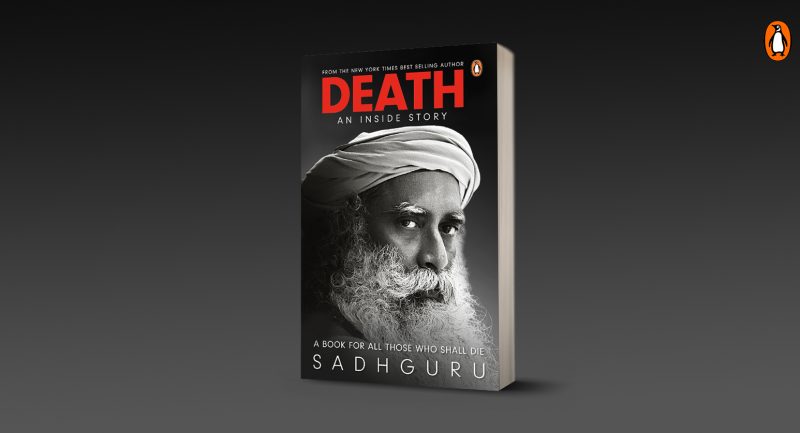
Penguin Random House India’s superb collection of writers from the subcontinent focussing on Pakistan.
Exit West by Mohsin Hamid
Shortlisted for the Man Booker Prize 2017
Nadia and Saeed are two ordinary young people attempting to do an extraordinary thing—to fall in love—in a world turned upside down. Civil war has come to the city that they call home. Before long they will need to leave their motherland behind—when the streets are no longer usable and the unknown is safer than the known. They will join the great outpouring of people fleeing a collapsing city, hoping against hope, looking for their place in the world . . .
Pakistan at the Crossroads: Domestic Dynamics and External Pressures edited by Christophe Jaffrelot
The book examines the state’s handling of internal threats, tensions between civilians and the military; strategies of political parties; police and law enforcement reform; trends in judicial activism; the rise of border conflicts; economic challenges; financial entanglements with foreign powers; and diplomatic relations with India, China, Iran, Saudi Arabia, Afghanistan, and the United States.
Undying Affinity by Sara Naveed
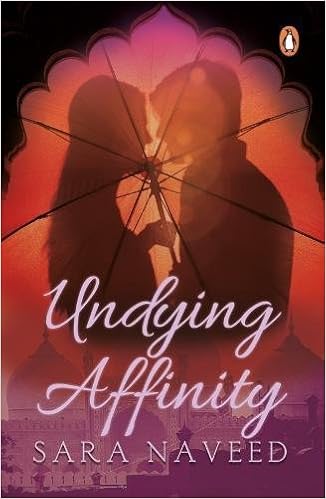
Rich, beautiful and popular Zarish Munawwar finds herself entangled in a web of passion with her attractive new professor, Ahmar Muraad, in this delicious new novel by the Pakistani queen of romance. Packed with romance, drama and tragedy, Undying Affinity will stay in your heart forever.
Reporting Pakistan by Meena Menon
Reporting from Pakistan is considered one of the more difficult-if exciting-assignments in journalism, more so for an Indian. Despite the limitations, Meena Menon, the Hindu’s correspondent in Islamabad until May 2014, has produced a probing, incisive portrait of a conflicted society; it is both nuanced and wide ranging and tries to look not just at politics-but also at the human realities beneath.
The Golden Legend by Nadeem Aslam
Against a background of violence and fear, the protagonists of The Golden Legend try to find an island of calm in which their love can grow. In his characteristically luminous prose, Nadeem Aslam reflects Pakistan’s past and present in a single mirror—a story of corruption, resilience and the hope that only love and the human spirit can offer.
Lahore in the Time of the Raj by Ian Talbot and Tahir Kamran
Lahore during the Raj was a prosperous and cosmopolitan place, where many communities lived together and there was a constant flow of goods, people and ideas. Talbot and Kamran bring to life the 1930s and 1940s, a time of intense cultural and political creativity where writers and artists flourished; where F.C. College and Government College were celebrated centers of learning and there was great engagement between Lahore and the nascent Bollywood film industry, unfortunately ended by the traumas of Partition.
Snuffing Out the Moon by Osama Siddique
2084 bce: In the great city of Mohenjodaro, along the banks of the Indus, a young man named Prkaa becomes increasingly mistrustful of the growing authority of a cult of priests.
2084 ce: A scholar revisits the known history of the cataclysmic events that led to world domination by ruthless international water conglomerates.
Spanning across epochs and civilizations, the characters in this stunning novel investigate the legitimacy of religion and authority and chronicle the ascent of dissent. Snuffing Out the Moon is a dazzling debut that is at once a cry for freedom and a call for resistance.
Military Inc.: Inside Pakistan’s Military Economy by Ayesha Siddiqa
Ayesha Siddiqa shows how the power of the military has transformed Pakistani society and where the armed forces have become an independent class. She examines this military economy and the consequences of merging the military and corporate sectors and analyses the internal and external dynamics of this gradual power-building and the impact that it is having on Pakistan’s political and economic development.
This House of Clay and Water by Faiqa Mansab
Set in Lahore, This House of Clay and Water explores the lives of two women: Nida, intelligent and lonely, has married into an affluent political family and is desperately searching for some meaning in her existence; and impulsive, lovely Sasha, from the ordinary middle-class, her longing for designer labels and upmarket places so frantic that she willingly consorts with rich men who can provide them. They meet at the famous Daata Sahib dargah and connect, their need to understand why their worlds feel so alien and empty, bringing them together. Faiqa Mansab’s accomplished and dazzling debut novel explores the themes of love, betrayal and loss in the complex, changing world of today’s Pakistan.
The Last Vicereine by Rhiannon Jenkins Tsang
Set amid the turmoil of Partition, The Last Vicereine is the heartbreaking story Edwina Mountbatten, a rebel, rule-breaker, troubled soul and great beauty, and Jawahar, her friend, confidant and the only one to truly understand her for who she was. It is also the incredible tale of the birth of two nations, of love, grief, tragedy, inhumanity and the triumph of hope.
Defeat is an Orphan: How Pakistan Lost the Great South Asian War by Myra Macdonald
This essential account by a former correspondent for Reuters and a South Asia specialist tracks the defining episodes in the relationship between India and Pakistan from 1998, from bitter conflict in the mountains to military confrontation in the plains, from the hijacking of an Indian airliner to the Mumbai attacks.
This Wide Night by Sarvat Hasin
In the quietly seething world of This Wide Night, The Virgins Suicides meets Little Women in Pakistan. Tracing the lives of the four beautiful Malik sisters, Maria, Ayesha, Leila and Beena in the 1970s, and moving from Karachi to London to the rain-drenched island of Manora, here is a compelling new novel from the subcontinent—and a powerful debut to watch.
Mr and Mrs Jinnah: The Marriage that Shook India by Sheela Reddy
Mohammad Ali Jinnah was forty years old, a successful barrister and a rising star in the nationalist movement when he fell in love with pretty, vivacious sixteen-year-old Ruttie Petit, the daughter of his good friend, the fabulously rich baronet, Sir Dinshaw Petit, a prominent Parsi mill owner. Despite her outraged father forbidding the match, they married when Ruttie turned eighteen and Bombay society, its riches and sophistication notwithstanding, was scandalized. A product of intensive and meticulous research in Delhi, Bombay and Karachi and based on first-person accounts and sources, Reddy brings to life the unforgettable love story of the solitary, misunderstood Jinnah and the lonely, wistful Ruttie.
Indus Divided: India, Pakistan and the River Basin Dispute by Daniel Haines
The Indus Waters Treaty is considered a key example of India–Pakistan cooperation, which had a critical influence on state-making in both countries. Indus Divided reveals the importance of the Indus Basin river system, and thus control over it, for Indian and Pakistani claims to sovereignty after South Asia’s partition in 1947, and examines the discord at local, national and international levels, arguing that we can only explain its significance and longevity in light of India and Pakistan’s state-building initiatives after independence.
Pakistan’s Nuclear Bomb: A Story of Defiance, Deterrence and Deviance by Hassan Abbas

This book provides a comprehensive account of the mysterious story of Pakistan’s attempt to develop nuclear weapons in the face of severe odds. Hassan Abbas profiles the politicians and scientists involved, and the role of China and Saudi Arabia in supporting Pakistan’s nuclear infrastructure. Abbas also unravels the motivations behind the Pakistani nuclear physicist Dr A.Q. Khan’s involvement in nuclear proliferation in Iran, Libya and North Korea, drawing on extensive interviews.
Remembering Partition: Limited Edition
The dawn of India’s freedom was stained by the Partition and its accompanying violence, which rent the subcontinent. Seventy years later, the nations that came into being are still to fully overcome a persistent sense of anger and loss. The five iconic books in this collection look at the different faces of Partition, from the larger political and historical view to the very personal tales of hatred, grief, courage and friendship. Together, they commemorate one of the most defining moments of our history whose reverberations are felt to this day.
Ice-Candy-Man by Bapsi Sidhwa
Young Lenny Sethi enjoys a happy, privileged life in Lahore in the 1940s. Kept out of school because she suffers from polio, she spends her days with Ayah, her beautiful nanny, who attracts several admirers. But with the abduction of her beloved Ayah, Lenny’s world soon erupts in racial and religious violence. Widely hailed as one of the most powerful novels on the Partition, Ice-Candy-Man offers an intimate glimpse into a colossal upheaval through the eyes of a precocious child.
In Freedom’s Shade by Anis Kidwai
In Freedom’s Shade is Anis Kidwai’s moving personal memoir of the first two years of new India. With a rare frankness, sympathy and depth of insight, Kidwai tells the stories of the thousands who were driven away from their homes in Delhi and its neighbouring areas by eviction or abduction or the threat of forced religious conversion. Recounting the activities of the Shanti Dal and the recovery of abducted women, she reveals both the architecture of the violence during Partition as well as the efforts of ordinary citizens to bring to a close the cycle of reprisal and retribution. This searching book is a reminder that memory without truth is futile; only when it serves the objective of reconciliation does it achieve meaning and significance.
The Great Partition by Yasmin Khan
The Partition of India in 1947 was one of the most horrific events of decolonization in the twentieth century, bringing death, rape and plunder in its wake. In The Great Partition, Yasmin Khan exposes the widespread ignorance of what the Partition would entail in practice as well as the haste and recklessness with which it was completed. Drawing on fresh information from an array of sources and underscoring the catastrophic human cost involved, Khan provides an authoritative and accessible analysis of this cataclysmic event and its devastating legacy.
Jhootha Sach by Yashpal
Jhootha Sach is arguably the most outstanding piece of Hindi literature written about the Partition. Vividly evoking life in Lahore as it was before 1947, the novel abounds with a rich array of characters whose lives unfurl dramatically in the city’s crowded streets: Tara, who wants an education, and not marriage; Puri, whose ideology and principles often come in the way of his impoverished circumstances; Asad, who is ready to sacrifice his love for the sake of communal harmony. Their destinies are irrevocably altered on the eve of Independence when the ensuing carnage shatters the beauty and peace of the land, killing millions of Hindus and Muslims, and forcing others to leave their homes forever.
Spectacular in scope and deeply insightful in its depiction of human frailty and malice, Yashpal’s controversial novel is a politically charged, powerful tale of human suffering.
Train to Pakistan by Khushwant Singh
The fact is both sides killed. Both shot and stabbed and speared and clubbed. Both tortured. Both raped.
It is the summer of 1947. But Partition does not mean much to the villagers of Mano Majra, a village on the border of India and Pakistan. Then, a local moneylender is murdered, and suspicion falls upon Juggut Singh, the village gangster who is in love with a Muslim girl. When a train arrives, carrying the bodies of dead Sikhs, the village is transformed into a battlefield and neither the magistrate nor the police is able to stem the rising tide of violence. Amidst conflicting loyalties, it is left to Juggut Singh to redeem himself and reclaim peace for his village.
So, which book are you going to pick?







